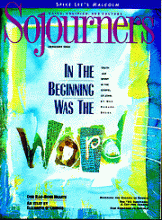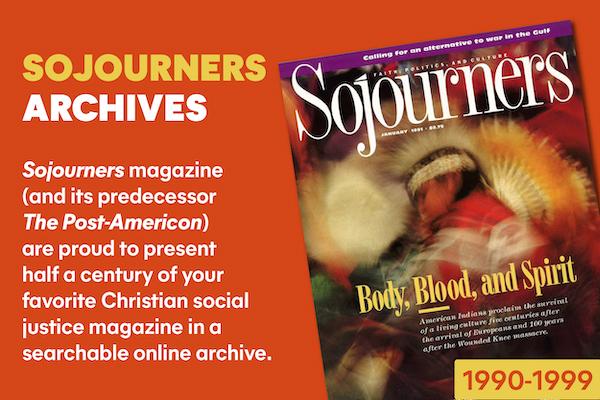Monthly journalism is so unfair. This column is being written near the end of October, which is already more than a week late. You're reading it sometime around Christmas. That means you know this year's big Christmas movies...and I don't. You know who's playing in the Rose Bowl...and I don't. And, oh yeah, you know who the presidential winner is...and I don't.
But whoever takes over as First Co-Signer of the national debt, the most far-reaching and futuristic development of the 1992 election season was plainly the video intervention staged by Ross Perot. He will likely make the strongest showing of any independent candidate in history without following any of the conventional political channels or accumulating any of the conventional political trappings.
Perot's candidacy seemed to spring from the air--or the airwaves, or the cable. It took root on television. One can't help wondering what would have happened if Perot had not indulged himself in that face- (and money-) saving mid-summer duck-out; if he'd run in earnest from the get-go, and spent money the way he did during the October stretch.
The Perot candidacy, for better and worse, is chock-full of content to be analyzed. For one thing, it is fascinating that this lifelong military groupie and Special Ops enthusiast was the only one of the three candidates to talk sense on post-Cold War foreign policy. While Clinton played it "presidential," Perot nailed Bush square in the forehead on his dirty dealings with Manuel Noriega and Saddam Hussein, his trumped-up war in the Persian Gulf, and his felonious lies about the Iran-contra operation.
Read the Full Article

